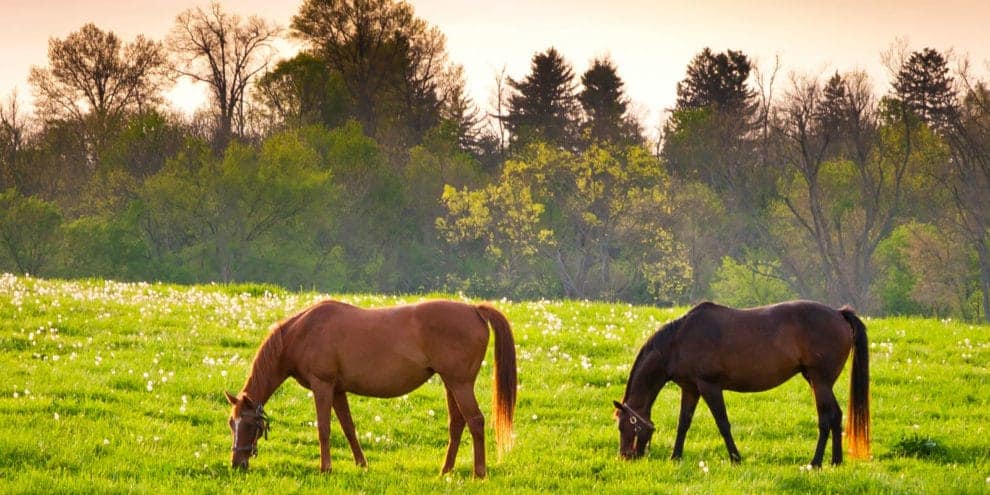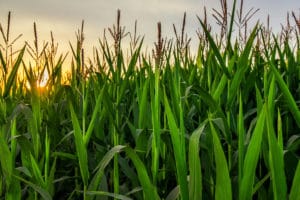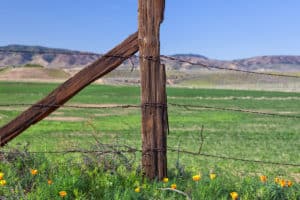Sickness happens, even in our animals, and it can greatly affect the productivity of our nation’s farms. Caring for sick animals can take a lot of time and money and can create a domino effect onto other animals if not treated properly.
The best thing you can do for your farm animals is preventative care. Obviously, clean water, appropriate feed and a healthy environment are essential. These necessary items let livestock eat, rest and grow naturally. However, there are a lot of other preventative measures you can take to ensure your animals are healthy and productive.
Vaccinate. Animals can be vaccinated to prevent diseases just like humans. Work regularly with a local veterinarian to stay up to date on vaccinations. You can also deworm regularly to prevent your animals from getting parasites.
Protect their feet. Animals like cattle, horses, pigs and goats need their hooves trimmed regularly. It not only prevents lameness, it gives you a chance to inspect their hooves and catch possible infections. Horses also need adequate shoes depending on the type of work they are doing. Installing grooving throughout the barn floor and rubber mats at feed alleys will also protect hooves from extra wear and tear.
Handle with care. Always be calm and gentle with your animals. Being impatient can make them nervous and negatively affect productivity and may also cause more sickness. Young animals need extra care while they are adjusting to their environment. Be sure to provide clean water and a dry place for them to sleep.
Dock and dehorn. Sometimes it’s best to dehorn cattle, goats or sheep in order to protect other animals and yourself from getting injured. In sheep and pigs, it’s common to dock their tail in order to prevent flies from infesting the hind wool.
Work with the professionals. Keep the local numbers for a veterinarian and nutritionist nearby. Veterinarians help make decisions on how to best care for animals while nutritionists formulate diets for proper growth and development.
Pay attention to your animals every day to notice what “normal” looks like for them. If an animal does end up sick, get it treated right away. Get it separated from the rest of the animals and seek treatment from a professional. If it has an open wound, wash and disinfect right away and make sure it stays clean. Doing all of these things will help ensure your farm animals stay healthy and your operation remains productive.
This content may not be used or reproduced in any manner whatsoever, in part or in whole, without written permission of LANDTHINK. Use of this content without permission is a violation of federal copyright law. The articles, posts, comments, opinions and information provided by LANDTHINK are for informational and research purposes only and DOES NOT substitute or coincide with the advice of an attorney, accountant, real estate broker or any other licensed real estate professional. LANDTHINK strongly advises visitors and readers to seek their own professional guidance and advice related to buying, investing in or selling real estate.










Add Comment